Any type of food whose pieces are bite-sized and easy to eat, so that your child can pick it up and eat it himself, can be a finger food. finger foods for babies can be enjoyable and represent an essential step towards independence. Eating finger foods for babies without teeth is an issue too. Eating finger foods also helps the baby learn more skills.
When to give finger food to babies
When your baby is between eight and nine months old, he will probably let you know that he is ready to eat finger foods by picking up the spoon you are feeding him or grabbing food from your plate using his fingers.
At first, your baby may only be able to grab food and bring it to his mouth, but eventually, he will learn how to use his thumb and index finger to pick up food. All you have to do is put four or five pieces of finger food in a highchair tray or on a non-breakable plate, and as the babybecomes comfortable eating them, you can add more pieces to the plate.
Remember that feeding your baby in a high chair instead of a car seat or stroller will reduce the risk of choking and teach him that the high chair is where he needs to eat from now on. Also, the eating game can involve a lot of spillage, so it’s best not to grab the napkins right away and let your child enjoy this experience.
Tips for choosing finger foods for babies
Your baby may have a good appetite but probably doesn’t have many teeth, so start with foods that he can chew with his gums or dissolve easily in his mouth. When the baby reaches the toddler age, you will be able to give him small pieces of what you eat yourself. To choose the right finger foods, you can consider the following:
Avoid Junk Foods
Resist the temptation of sweets like cakes and cookies or high-fat foods like puffs and chips, because your baby requires nutrient-dense options rather than empty, low-nutrient calories.
Prevention of choking
Foods should be easy to eat but do not pose a risk of choking. Vegetables should be cooked until they are soft and mashed, and ensure everything is chopped into small,manageable pieces. Even a grape seed is too big for your baby and can cause choking.
Attention to allergic reactions
Experts in the past believed that you should not give eggs, fish or products containing peanuts to very young children, because they may cause food allergies in your child. However the latest research has shown that there is no evidence that children will develop allergies from eating these foods early. However, some doctors still recommend being careful when introducing solid foods to your baby, and if you suspect your baby may be allergic to certain foods, introduce foods one at a time and observe for signs of an allergic reaction.
Avoid sticky foods
Choose foods that are suitable for the baby’s age. For example, peanut butter is still off-limits to children this age because it is too sticky for a child to swallow easily.
The most suitable finger foods for babies
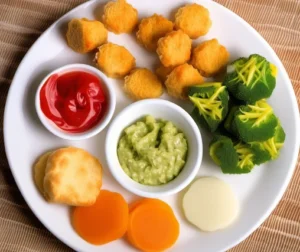
Some popular and suitable finger foods for babies include the following:
- Unsweetened, shaped roasted breakfast cereal
- Small pieces of lightly toasted bread with a layer of vegetable puree on top for added vitamins
- Well cooked and cut into pieces pasta
- Very small pieces of cheese
- Hard-boiled eggs
- Boiled plums, crushed and pitted
- Small pieces of well-cooked vegetables such as carrots, peas, zucchini, and potatoes
- Small broccoli or well-cooked cauliflower
- Cooked pieces of chicken, beef, turkey or other soft meats in pea-sized pieces
- Small pieces of bananas or other very ripe fruits, peeled and pitted, such as mangoes, plums, pears, peaches, cantaloupe, or watermelons.
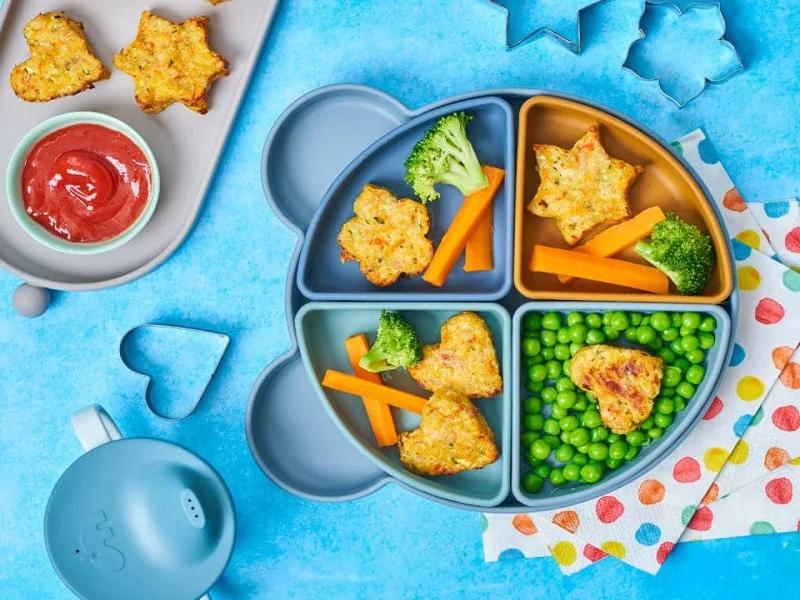
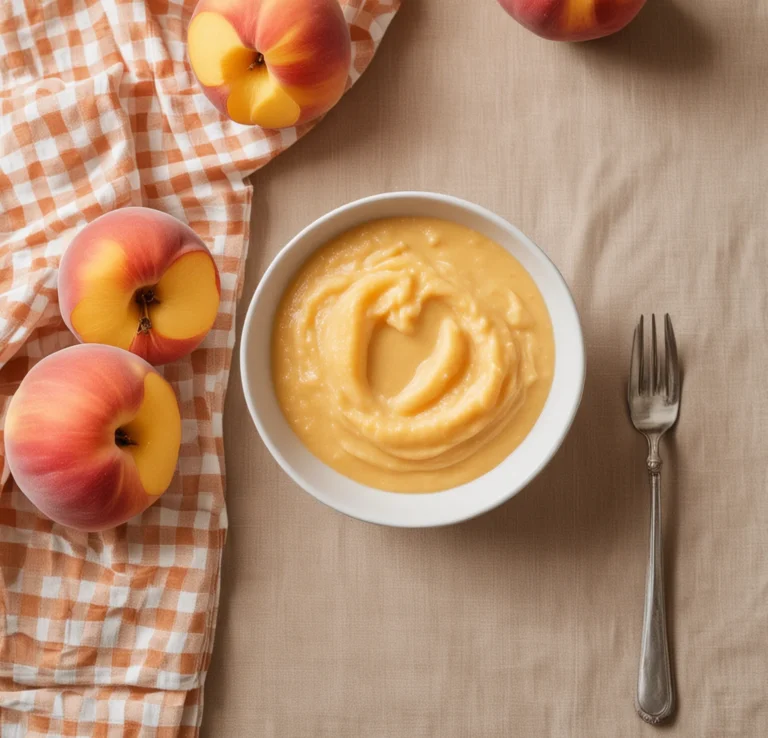
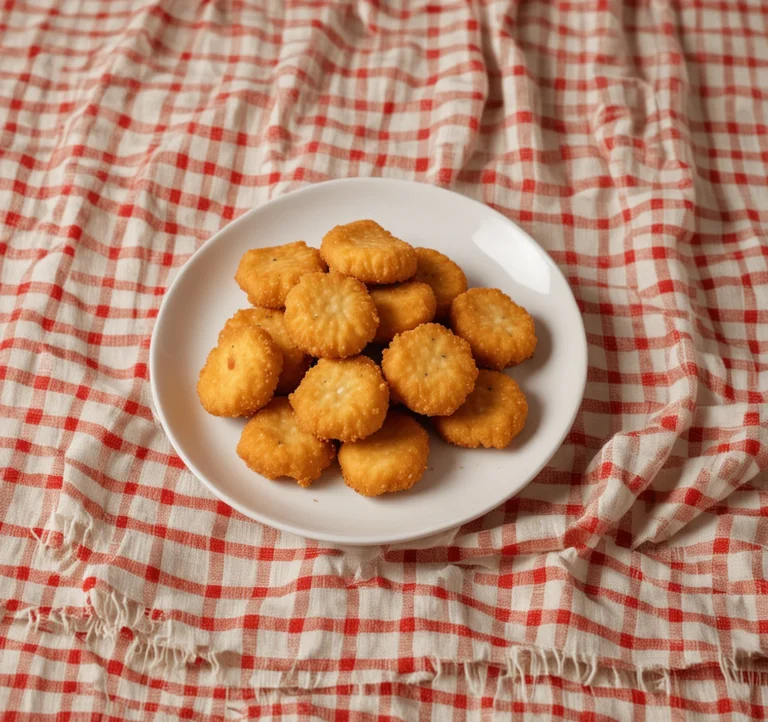
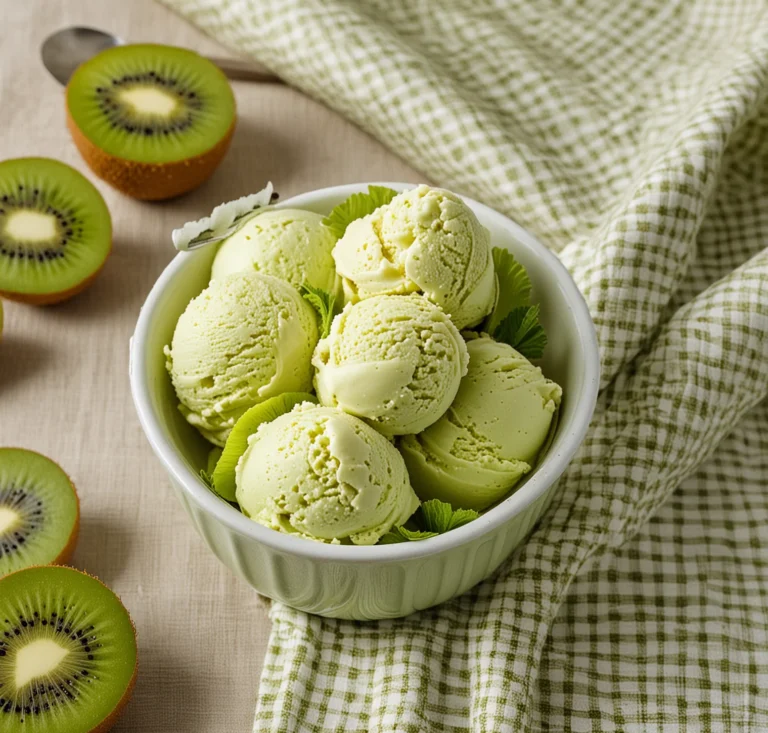
[…] your child reaches the stage of eating finger foods, you don’t need to puree everything, but make sure to cut the food into small pieces no […]